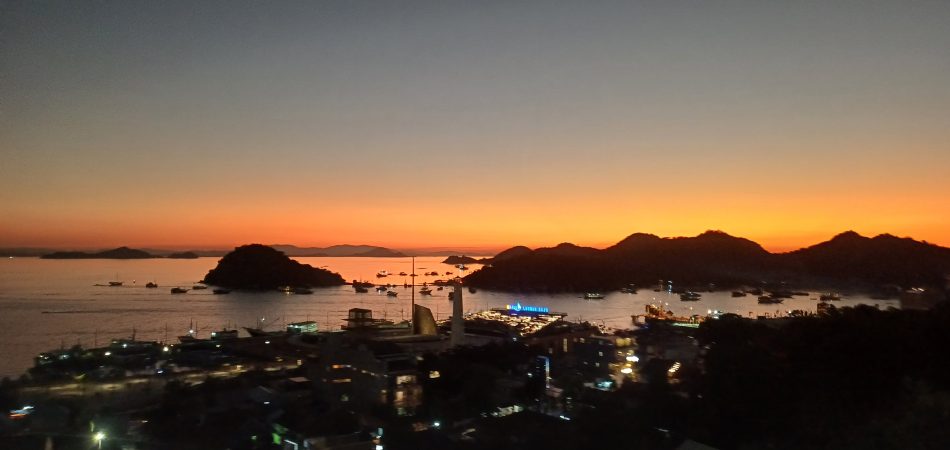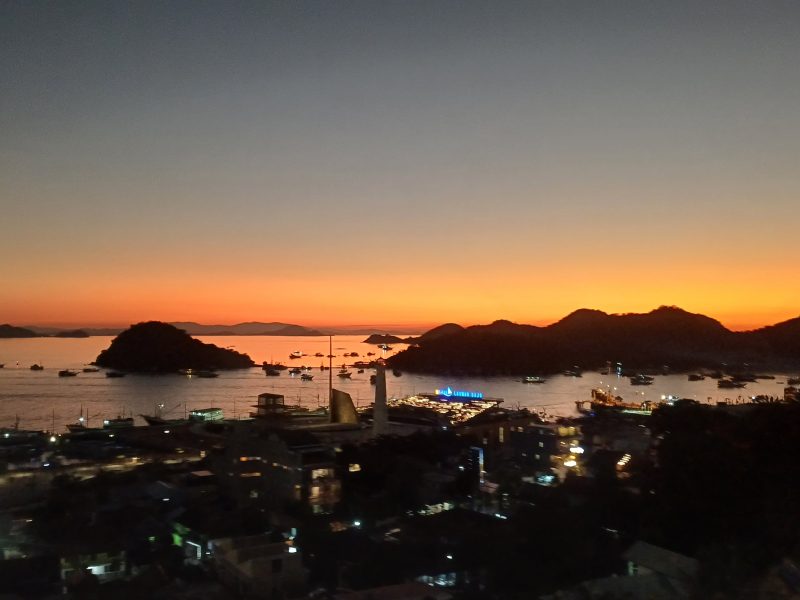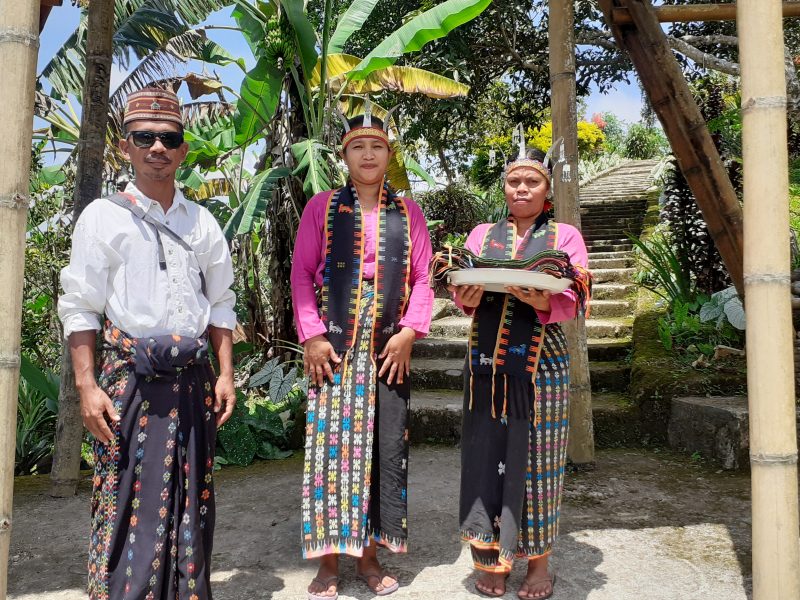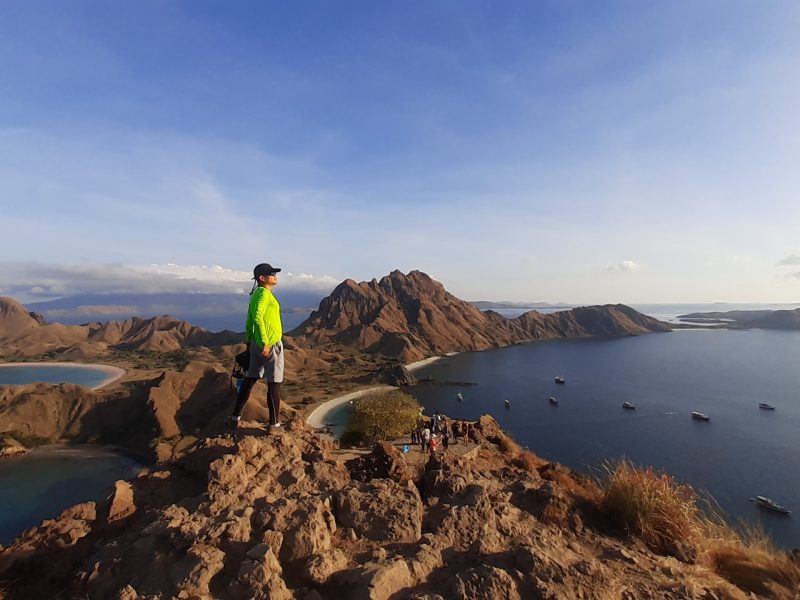KOMODO DIVING
Diving in Komodo National Park: A World-Class Underwater Adventure
Komodo National Park, a UNESCO World Heritage site located in Indonesia, is renowned for its breathtaking landscapes, unique wildlife, and, most notably, its exceptional underwater world. If you’re an avid diver or simply someone who appreciates the wonders of the ocean, diving in Komodo National Park is an experience that should be on your bucket list. Here’s why this world-class diving destination is a must-visit for divers from around the globe.
Why Dive in Komodo National Park?
Komodo National Park is famous for its vibrant marine biodiversity and crystal-clear waters, which create the perfect conditions for scuba diving. The park spans 1,733 square kilometers and consists of several islands, with Komodo and Rinca being the most famous. This protected area is home to over 1,000 species of fish, 260 species of coral, and a variety of large marine creatures, making it one of the most biodiverse diving destinations in the world.
Top Dive Sites in Komodo National Park
- Batu Bolong
One of the most popular dive sites in the park, Batu Bolong is a small rocky outcrop surrounded by deep waters. The site is known for its steep underwater walls that are teeming with colorful coral, marine life, and strong currents. Divers often encounter large schools of fish, sea turtles, reef sharks, and even manta rays. The incredible biodiversity and vibrant underwater landscapes make Batu Bolong a must-visit dive site. - Manta Point
If you’re hoping to see one of the ocean’s most majestic creatures, Manta Point is the place to be. As the name suggests, this dive site is famous for its large population of manta rays. These gentle giants can often be seen gliding through the water, sometimes in groups. Diving here also offers the chance to spot other marine life like blacktip reef sharks, sea turtles, and various species of rays. - Castle Rock
For those who enjoy a more challenging dive, Castle Rock is an exciting and rewarding site. Located in the northern part of Komodo Island, this site is known for its strong currents, which bring nutrient-rich waters and attract large schools of fish, including barracuda and trevally. Reef sharks and large pelagic fish are frequently spotted here, making for a thrilling diving experience. - Siaba Besar
Siaba Besar, also known as the “Turtle City,” is a serene and beautiful dive site where divers can enjoy shallow coral gardens and crystal-clear waters. It is particularly famous for its resident population of green sea turtles, which can often be seen leisurely swimming through the vibrant coral reefs. The calm currents and abundant marine life make it a great spot for both novice and experienced divers. - Pink Beach
Known for its stunning pink sand, Pink Beach is also a fantastic diving destination. The beach sits on Komodo Island and is home to healthy coral gardens and an array of marine life, including parrotfish, angelfish, and clownfish. While the beach is a sight to behold, the underwater world is just as breathtaking and worth the dive.
What to Expect Underwater
Diving in Komodo National Park offers a variety of underwater experiences, from shallow coral gardens to dramatic deep-water walls. The park’s unique underwater topography, including pinnacles, caves, and drop-offs, makes for thrilling and diverse dive conditions. Visibility is typically excellent, with water clarity ranging from 20 to 40 meters, depending on the site and season. The vibrant coral reefs are home to an impressive array of marine species, including large pelagic fish, reef sharks, manta rays, and sea turtles.
The diverse underwater ecosystems range from stunning coral gardens to more challenging sites with strong currents. The waters around Komodo are nutrient-rich, attracting a variety of marine life, including large schools of fish, rare species of nudibranchs, and even elusive manta rays and whale sharks.
Best Time to Dive in Komodo National Park
The best time to dive in Komodo National Park is during the dry season, from April to December, when the seas are calmer and visibility is at its peak. The wet season, from January to March, can bring rougher seas and reduced visibility, but it’s also a quieter time with fewer tourists, offering a more peaceful diving experience.
Diving Safety and Tips
While diving in Komodo National Park is a truly memorable experience, it’s important to remember a few safety tips:
- Get Proper Training: If you’re new to diving, ensure that you’re certified by a recognized diving agency (such as PADI or SSI) before attempting dives in Komodo.
- Respect the Environment: The marine ecosystem in Komodo is delicate. Avoid touching or disturbing coral, and always follow the guidelines provided by your dive guide.
- Monitor the Currents: Some of the dive sites, such as Batu Bolong and Castle Rock, are known for their strong currents. Ensure that you’re comfortable with drift diving before attempting these sites.
Conclusion
Diving in Komodo National Park is an adventure that offers an unmatched opportunity to explore one of the world’s most biodiverse marine environments. Whether you’re swimming alongside manta rays, drifting through schools of fish, or marveling at the vibrant coral reefs, Komodo promises a diving experience like no other. With its stunning underwater landscapes, diverse marine life, and pristine waters, Komodo National Park is truly a diver’s paradise. So, pack your gear and get ready for an unforgettable underwater adventure!
Itinerary
Extras
| Extra Name | Price | |
|---|---|---|
| Breakfast | $49 | Addition price for breakfast inclusion in the hotel. |
| Car Gas | $200 | Fixed price for unlimited gas while you’re there. |
| Local Guide | $50/day | Hire a local guide to get to secret places! |
| Other Extra | $49 | Nulla at nulla justo, eget luctus tortor. |
Included
- Airfare tickets
- Hotel room
- Tour guide
- Travel insurance
- Prepaid dinner
- Car rental
Not Included
- Baggage Insurance
- Gas for transport
- Airport - hotel transfer
- Car insurance




Request Info